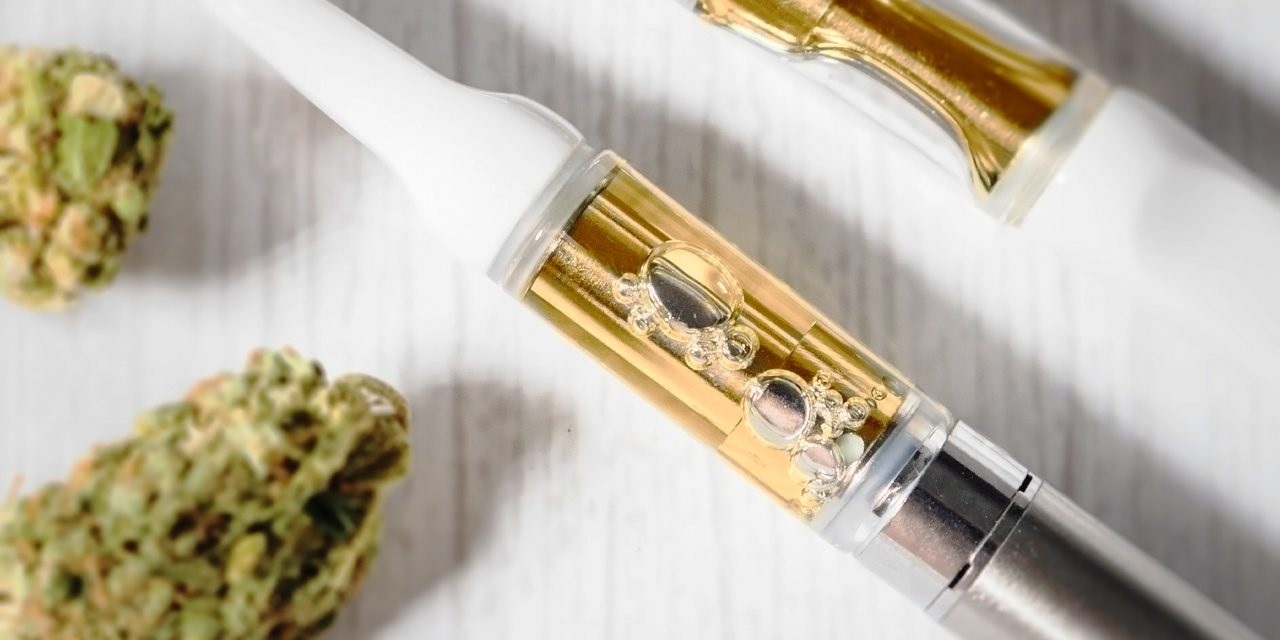HHC is derived from CBD and provides many of the same effects as THC, the main psychoactive compound in cannabis. HHC vape cartridges have become a popular way for people to consume this cannabinoid, but there are some important legal considerations to keep in mind.
HHC stands for tetrahydrocannabinol and is a hydrogenated form of THC. It is produced by adding hydrogen molecules to delta-9 THC, which transforms it into a different molecular structure. Like THC, HHC binds to the cannabinoid receptors in the body’s endocannabinoid system and provides a euphoric high. However, there are some key differences between HHC and THC:
- HHC is said to produce a high that is clear-headed, energetic, and less sedative compared to THC. The effects have been described as similar to a sativa cannabis strain.
- HHC has a higher binding affinity to the CB1 receptor compared to THC, meaning it binds more easily and efficiently.
- The effects of HHC kick in much faster than THC, usually within 15 minutes of vaping or ingesting it.
- HHC only occurs in trace amounts in the cannabis plant and must be synthesized from hemp-derived CBD or THC in a lab.
Legality of HHC
The 2018 Farm Bill legalized hemp and hemp-derived products, including CBD, on a federal level. HHC technically falls under the definition of a legal hemp derivate, as it is chemically derived from legally sourced CBD.
However, HHC exists in a bit of a legal gray area for a few reasons:
- HHC is not found naturally in significant amounts in the cannabis plant. The DEA has specified that only cannabinoids that occur naturally in the plant are legal.
- HHC is an analog of THC, which means it has a similar molecular structure. THC remains federally illegal.
So while HHC can be argued to be legal under the definition of a hemp derivate, its status as an artificial THC analog means it still carries some legal uncertainty. Some states, including Colorado, have banned HHC due to its similarity to controlled synthetic cannabinoids.
Pre-filled HHC vape cartridges fall into the same legal gray area as HHC oil. While they should technically be legal if the HHC oil is derived from hemp and follows regulations, the vape cartridge format are met with more scrutiny. The FDA currently prohibits all vaping products from making therapeutic claims or being marketed as health products. So hhc carts sold cannot tout benefits like anxiety relief, better sleep, etc. They must be sold strictly as recreational products. The use of thickening agents like vitamin E acetate in illicit market vape cartridges has led to increased concern over vaping additives. While reputable brands use safe thinning agents like terpenes, questionable ingredients in HHC vape carts may undermine their legality.
While HHC vape carts legitimately be sold as recreational hemp products, consumers should be mindful of their ingredients and claims. It’s best to avoid cartridges with therapeutic promises or obscure thinning agents whenever possible.

